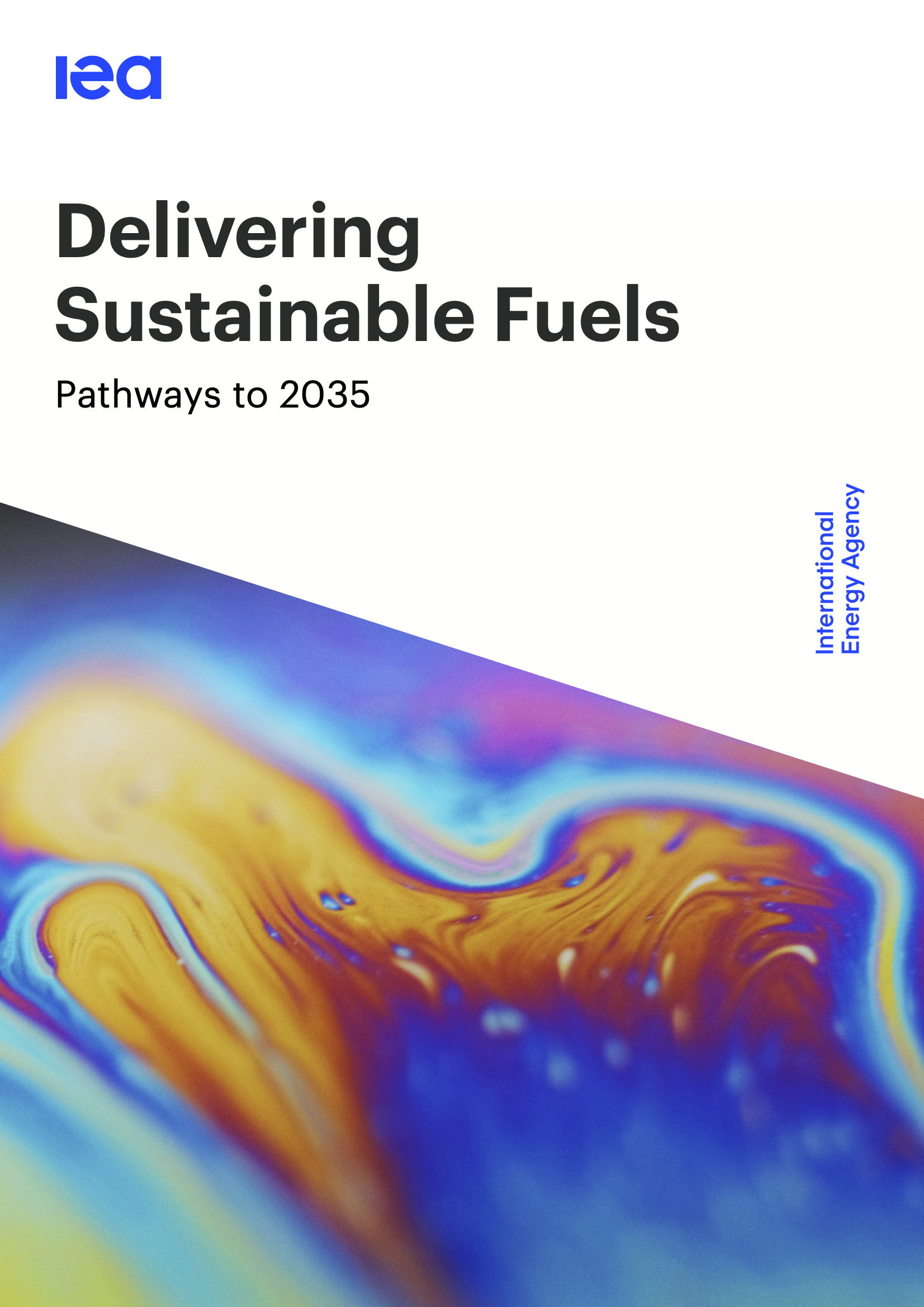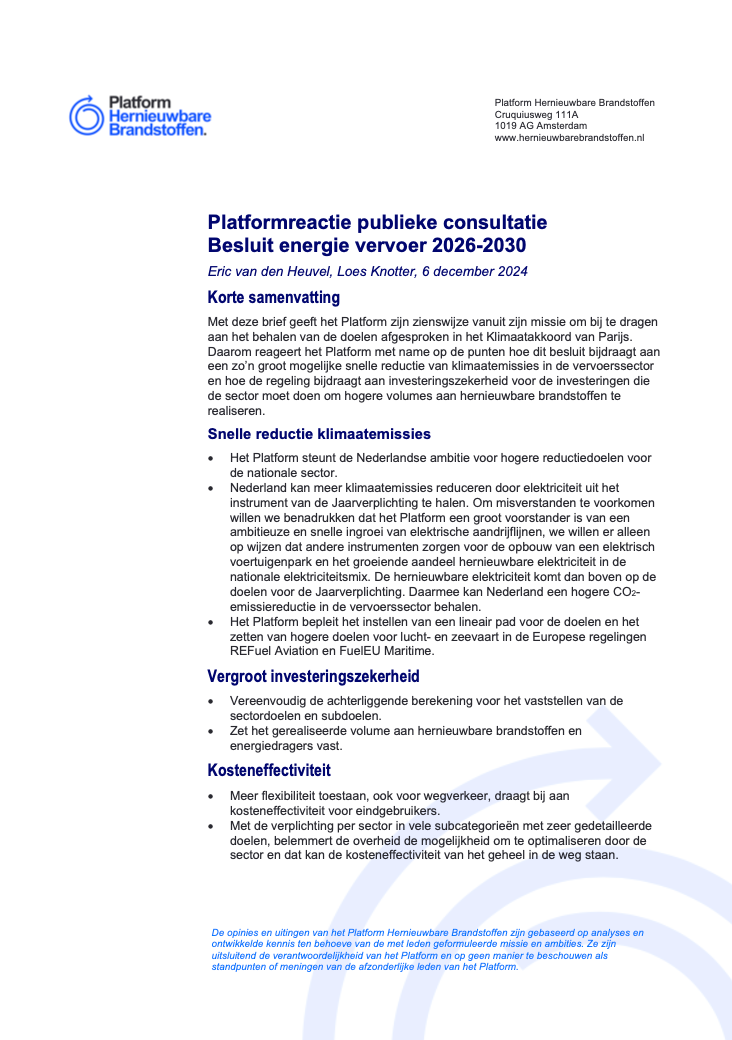RVO / QS: Results of pilot audits against draft RED2 requirements for RFNBO in different certification schemes | 2022

Introduction
Both the European Commission and EU Member States have set ambitious objectives for the production and use of renewable hydrogen. Renewable hydrogen is hydrogen produced via electrolysis using renewable electricity. Market players are responding to these ambitions by developing electrolysis projects.
Under the recast of the Renewable Energy Directive (RED-II) renewable hydrogen can classify as RFNBO, i.e. ‘Renewable Fuels of Non-Biological Origin’, if it meets certain criteria. Other examples of RFNBOs are synthetically produced ammonia and methanol produced from renewable hydrogen.
At the moment of writing this report, RED-II criteria for RFNBOs have not yet been finalized and are only available in draft. Draft RED-II criteria have been laid down in two delegated acts, which the European Commission published on 20 May 2022. The first delegated act, the Delegated Act to RED-II article 27.3 (‘DA 27.3’) specifies when electricity used in an electrolyser for hydrogen production can be considered as ‘additional’, and thus eligible for the production of RFNBOs. The other Delegated Act (‘DA 28.5’) specifies a methodology for the calculation of greenhouse gas (GHG) emissions from RFNBOs. It is envisaged that compliance with Delegated Act requirements shall be demonstrated through voluntary schemes referred to in Article 30 of RED-II.
The latter means that there is an urgent need to develop and pilot RFNBO certification schemes, so that compliance of renewable hydrogen with RED-II RFBNO criteria can be demonstrated soon after the final Delegated Acts DA 27.3 and DA 28.5 have been published.
The Dutch Ministry of EZK and RVO wish to facilitate the process of RFNBO certification scheme development and implementation. For this purpose, they initiated and financed a project to pilot audit draft RFNBO certification schemes. Quality Services BV (QS) was contracted to execute the project, including the pilot auditing and reporting.
More specifically, the main objective of the project is to assess if compliance with draft RED-II RFNBO criteria can be demonstrated by using draft RFNBO certification schemes.
Related sub-objectives of this project are:
- to asses if requirements in draft RFNBO certification scheme are workable for companies and auditable for certification bodies;
- to facilitate scheme owners in developing (draft) RFNBO certification schemes;
- to share knowledge on RFNBO certification, thereby facilitating European and non-European
companies to prepare for future certification. Certification will allow these companies to sell RFNBOs to the European market.
This report summarises the project findings. Chapter 2 outlines the preparation of the pilot audit programme and some of the practical aspects of its execution. Chapter 3 summarises findings from the pilot audit programme. Chapter 4 lists project conclusions.
The full PDF of the report can be downloaded through the button on the right.
Recente artikelen
IEA: Delivering Sustainable Fuels: Pathways to 2035

IEA: The Role of E-fuels in Decarbonising Transport (revised version)

Platformreactie publieke consultatie Besluit energie vervoer 2026-2030


